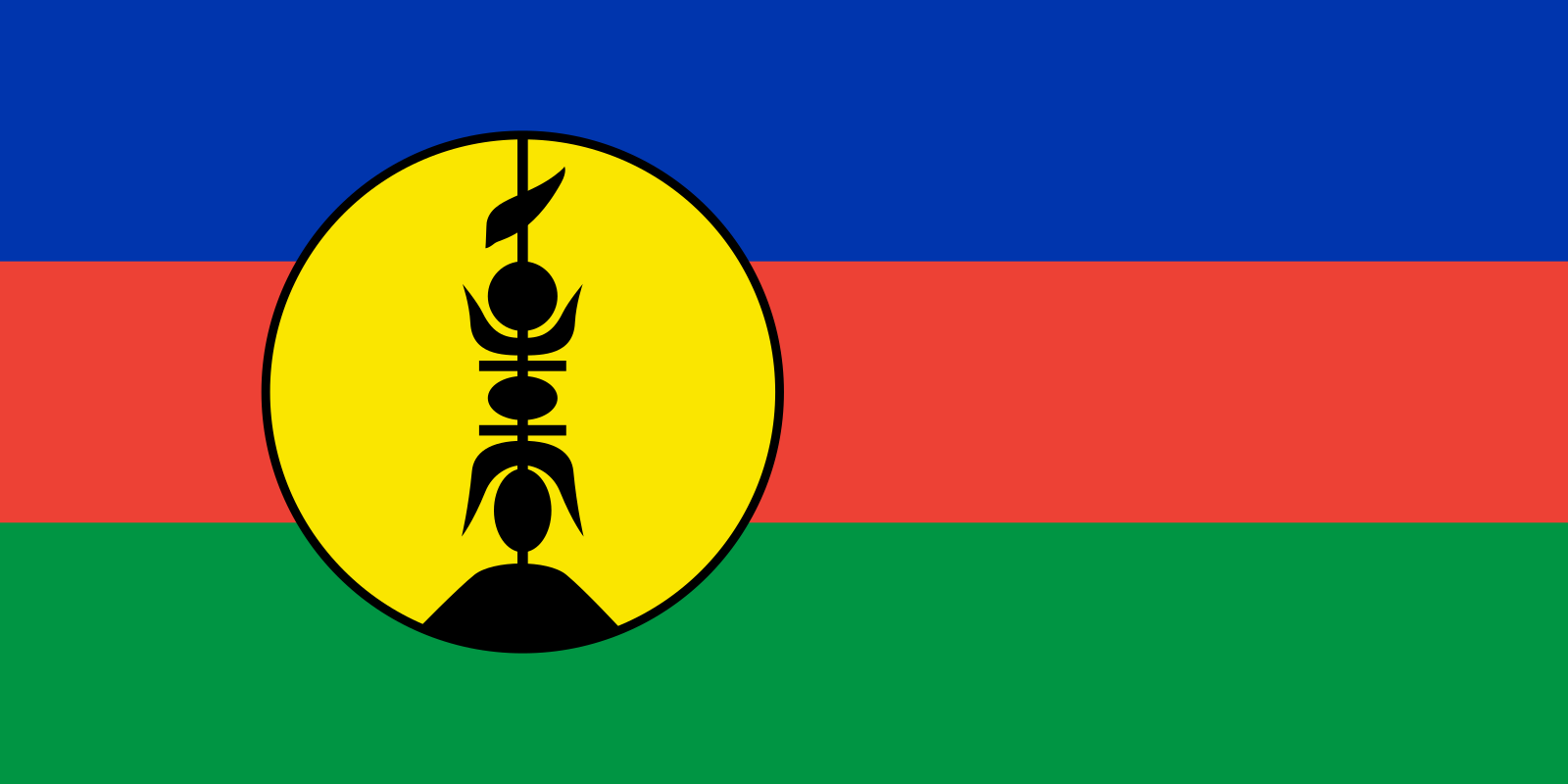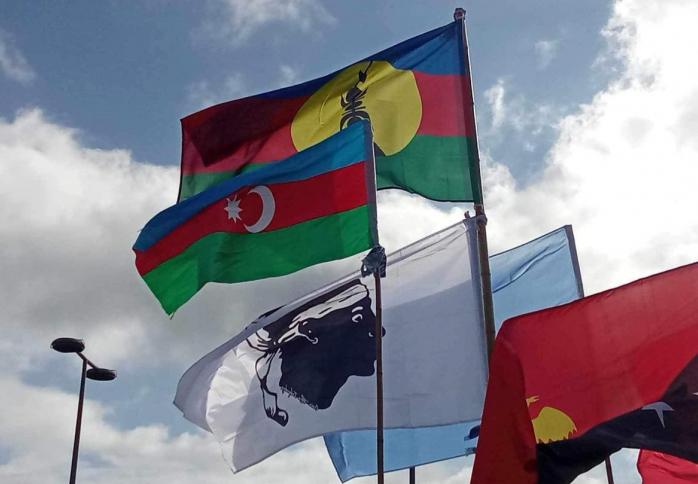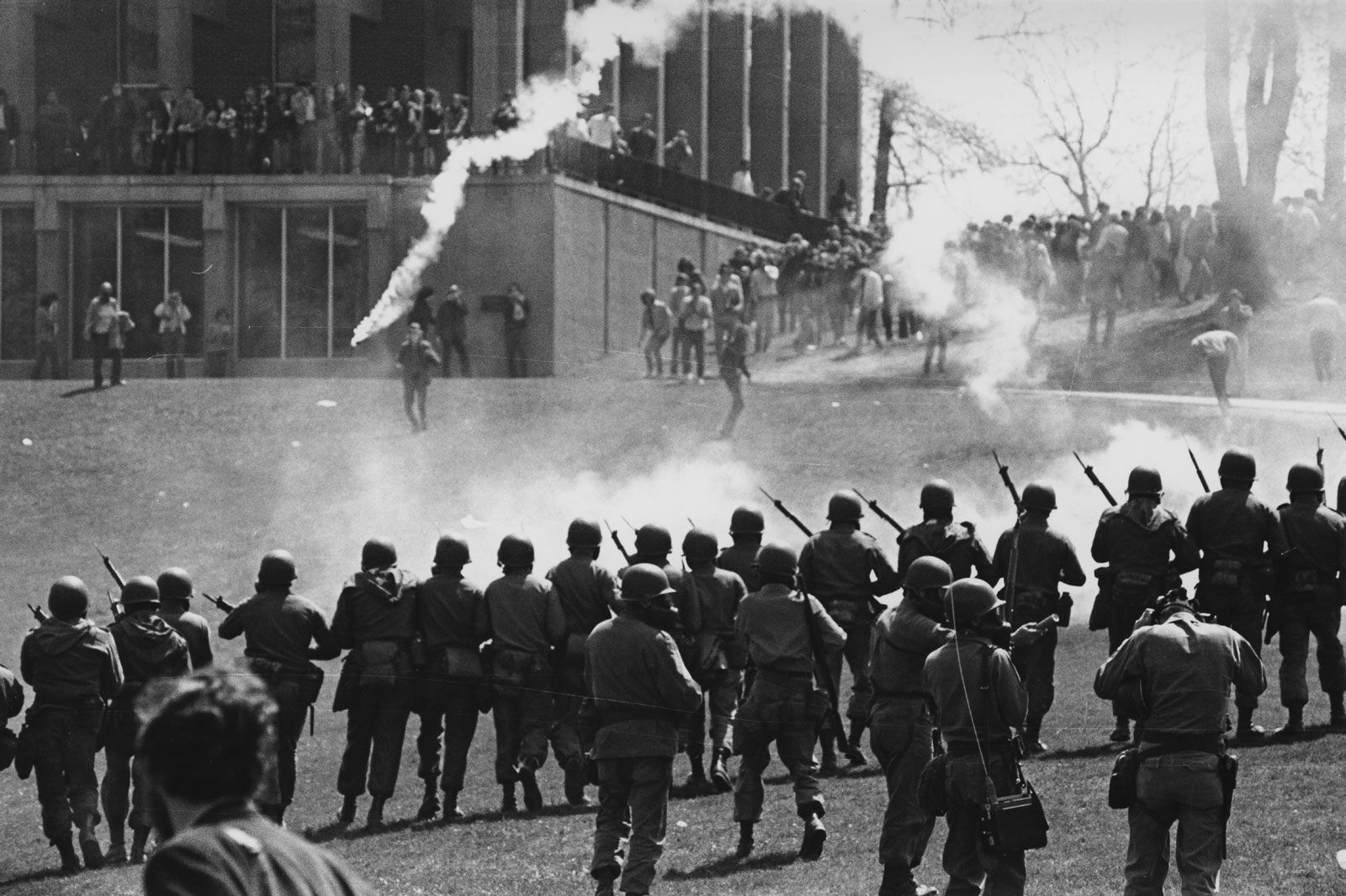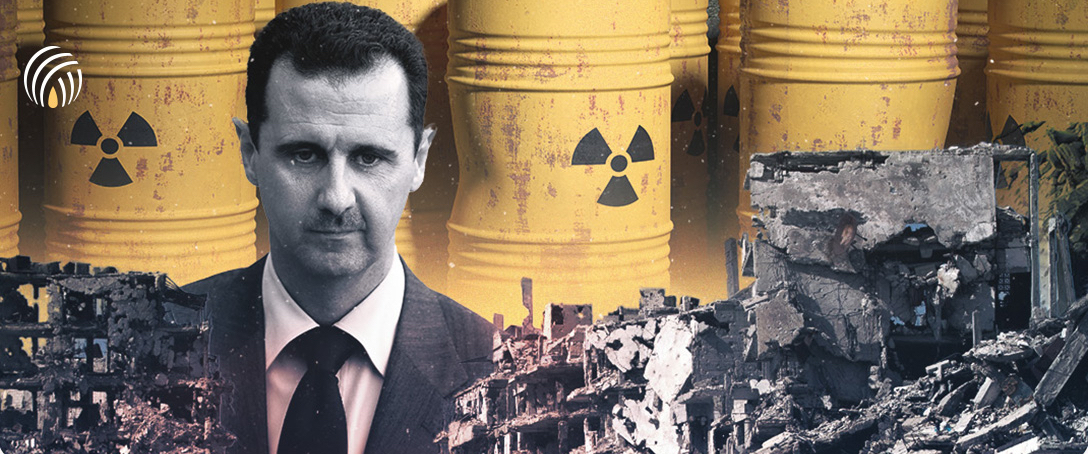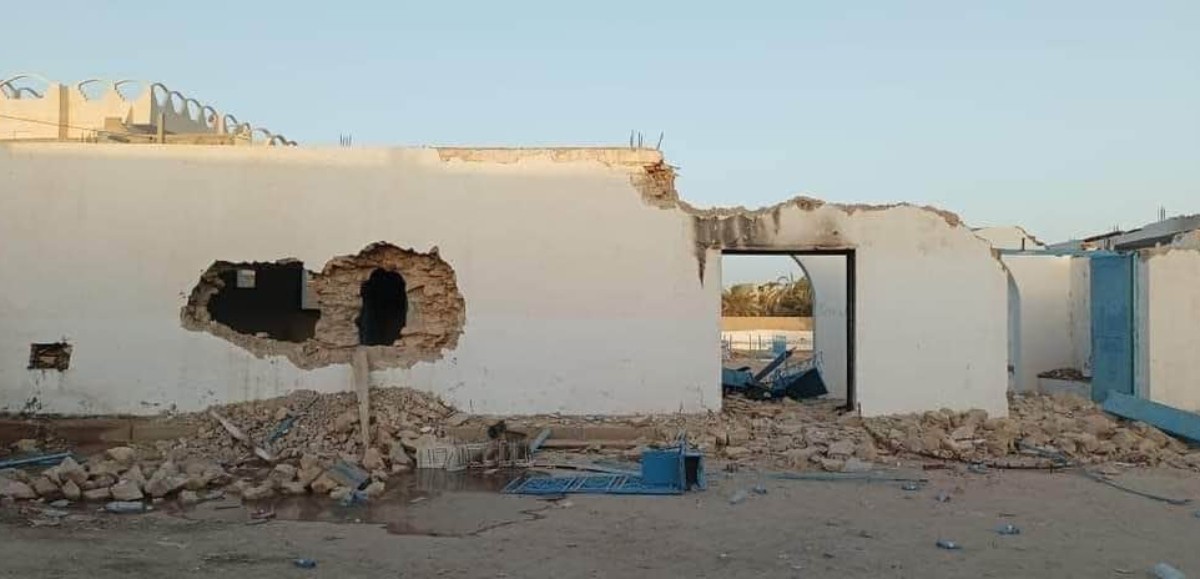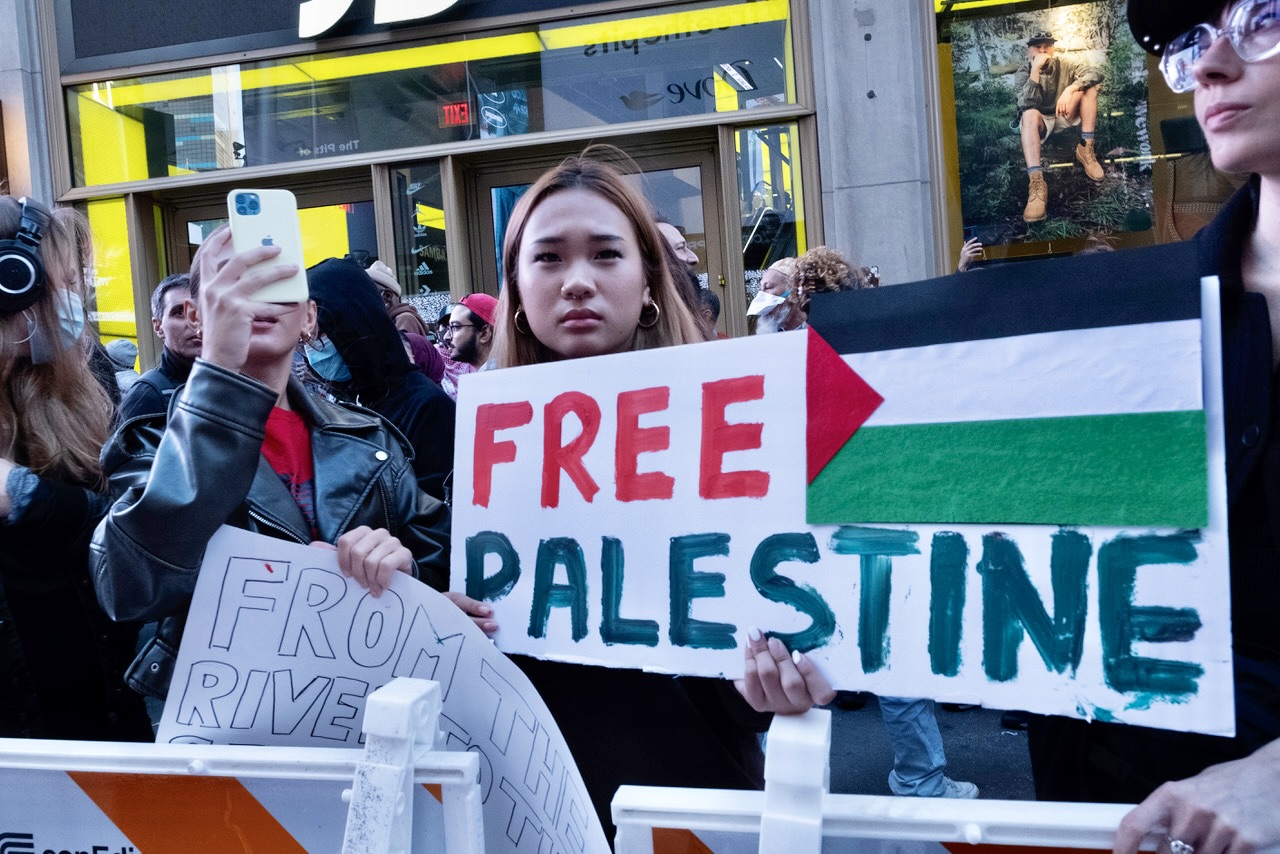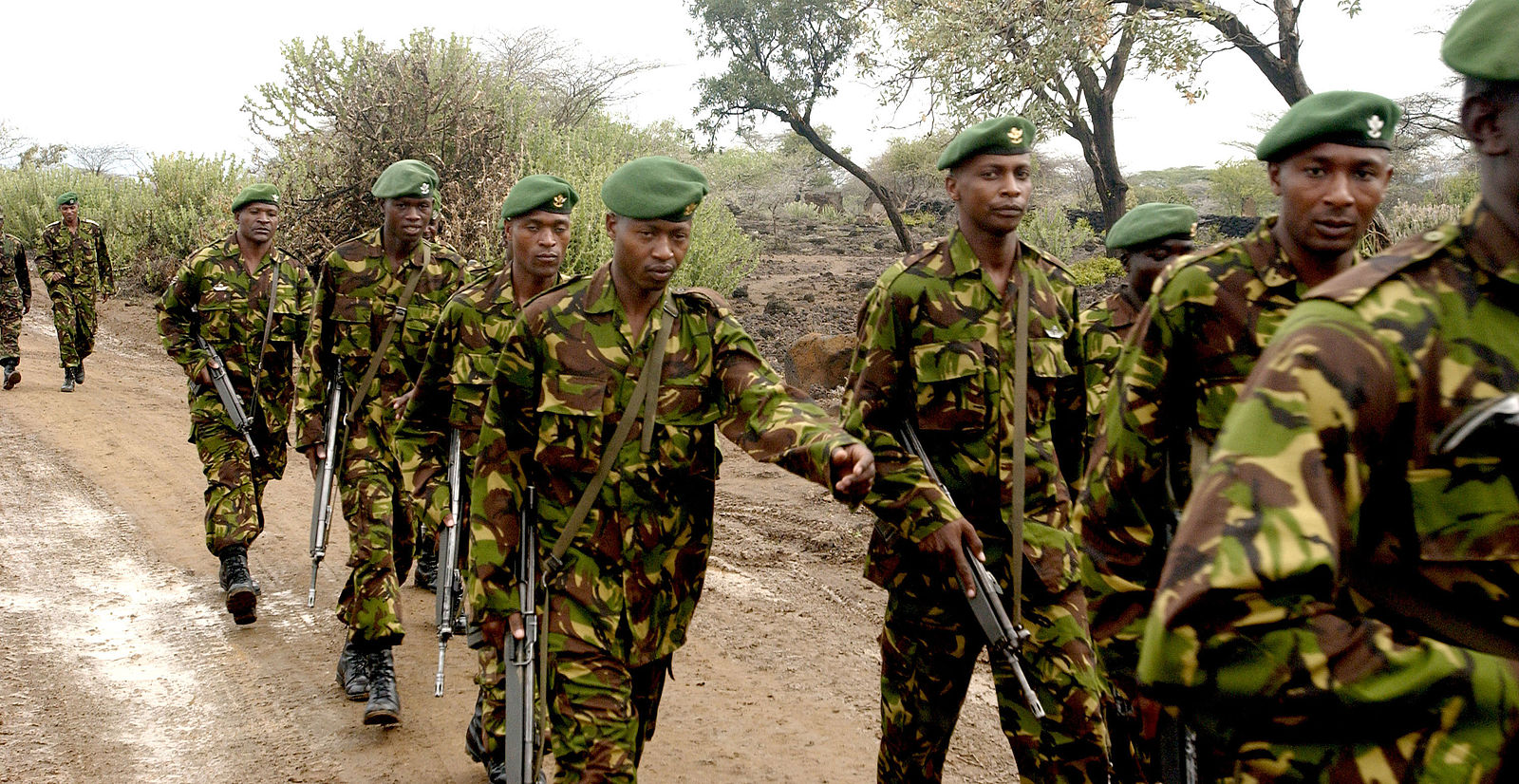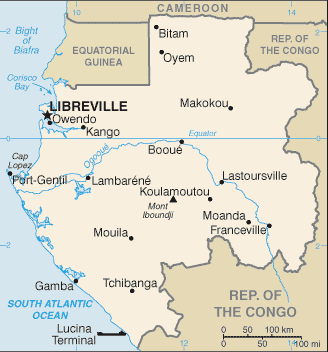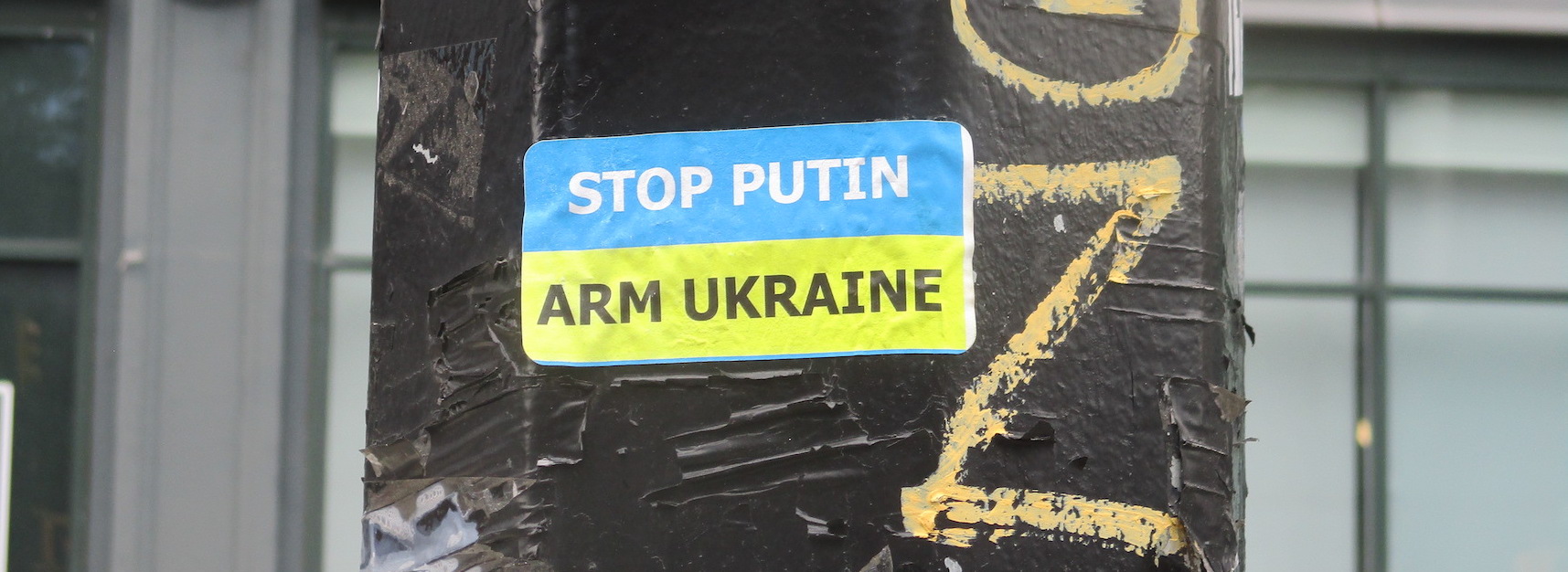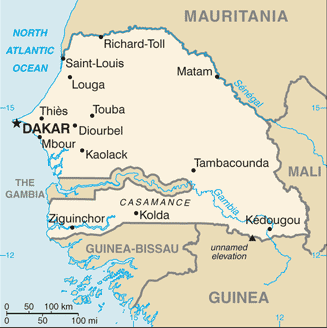
Senegal PM broaches ejecting French military
The new prime minister of Senegal, Ousmane Sonko, announced the possibility of closing French military bases in the West African country in a national address. During his speech at Cheikh Anta Diop University in Dakar, Sonko expressed his concerns about the French role throughout the West African region. He stated: “More than 60 years after our independence we must question the reasons why the French army still benefits from several military bases in our country, and the impact of this presence on our national sovereignty and our strategic autonomy.” (Map: PCL Map Collection)



